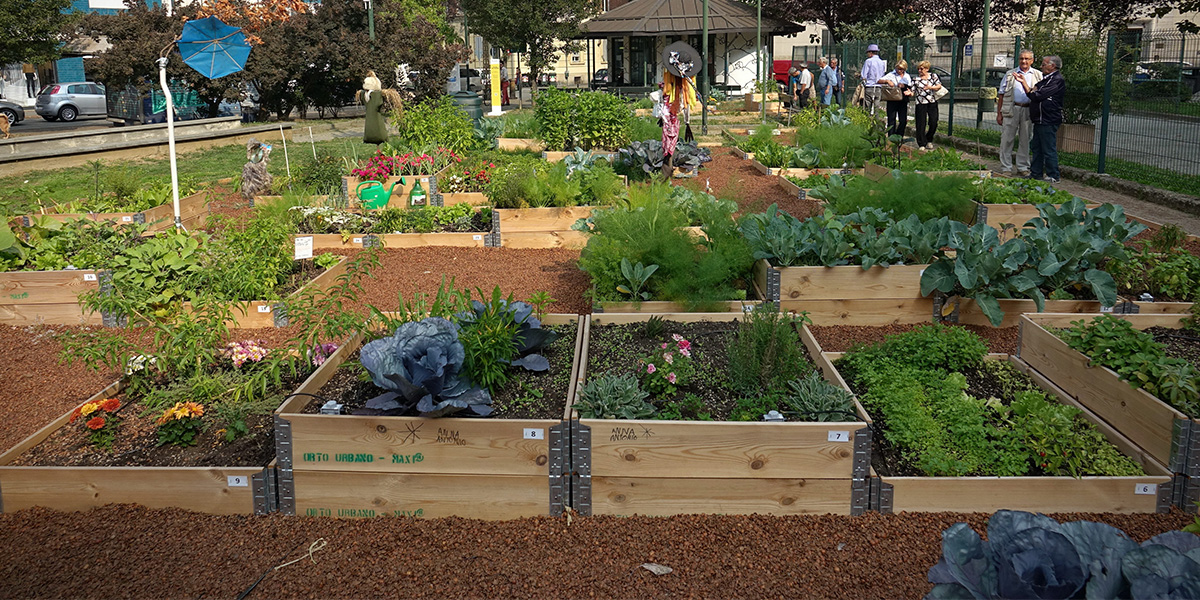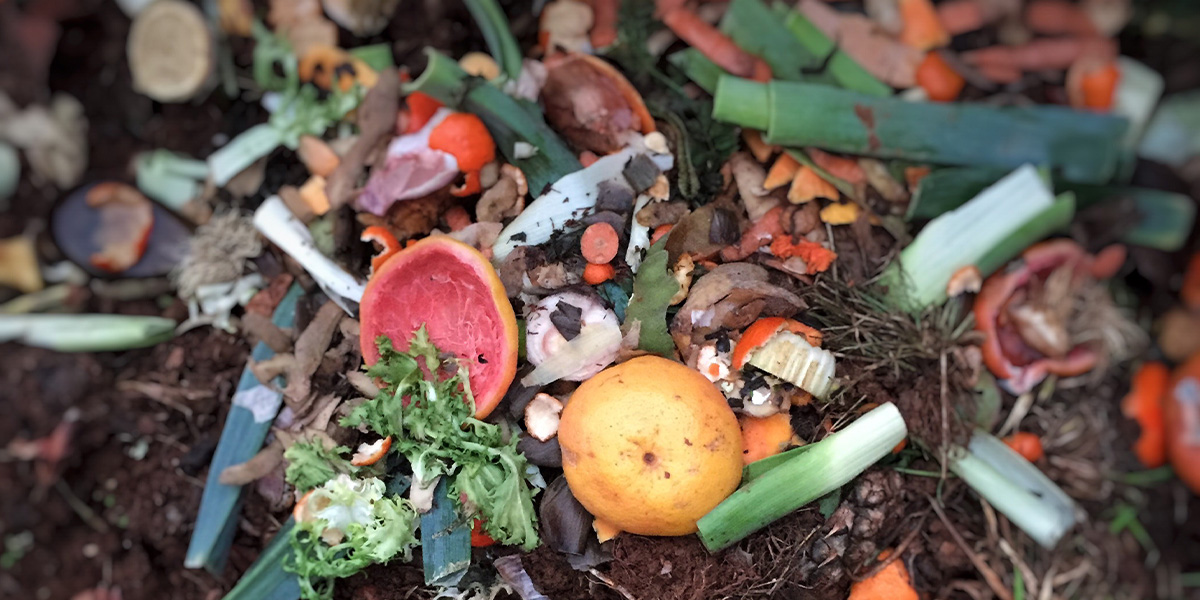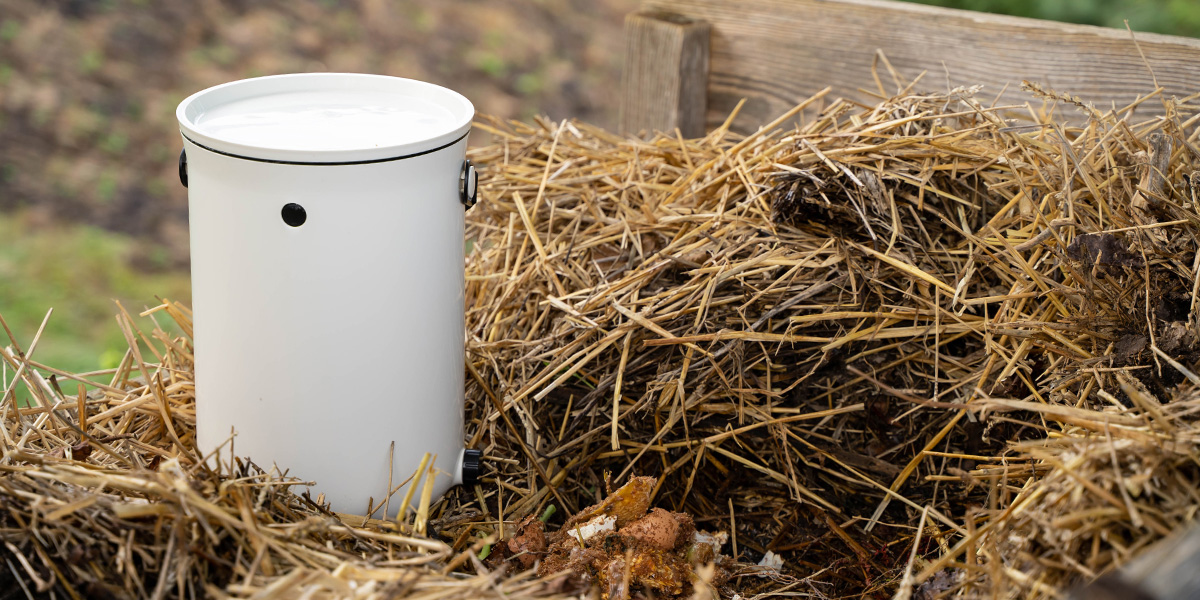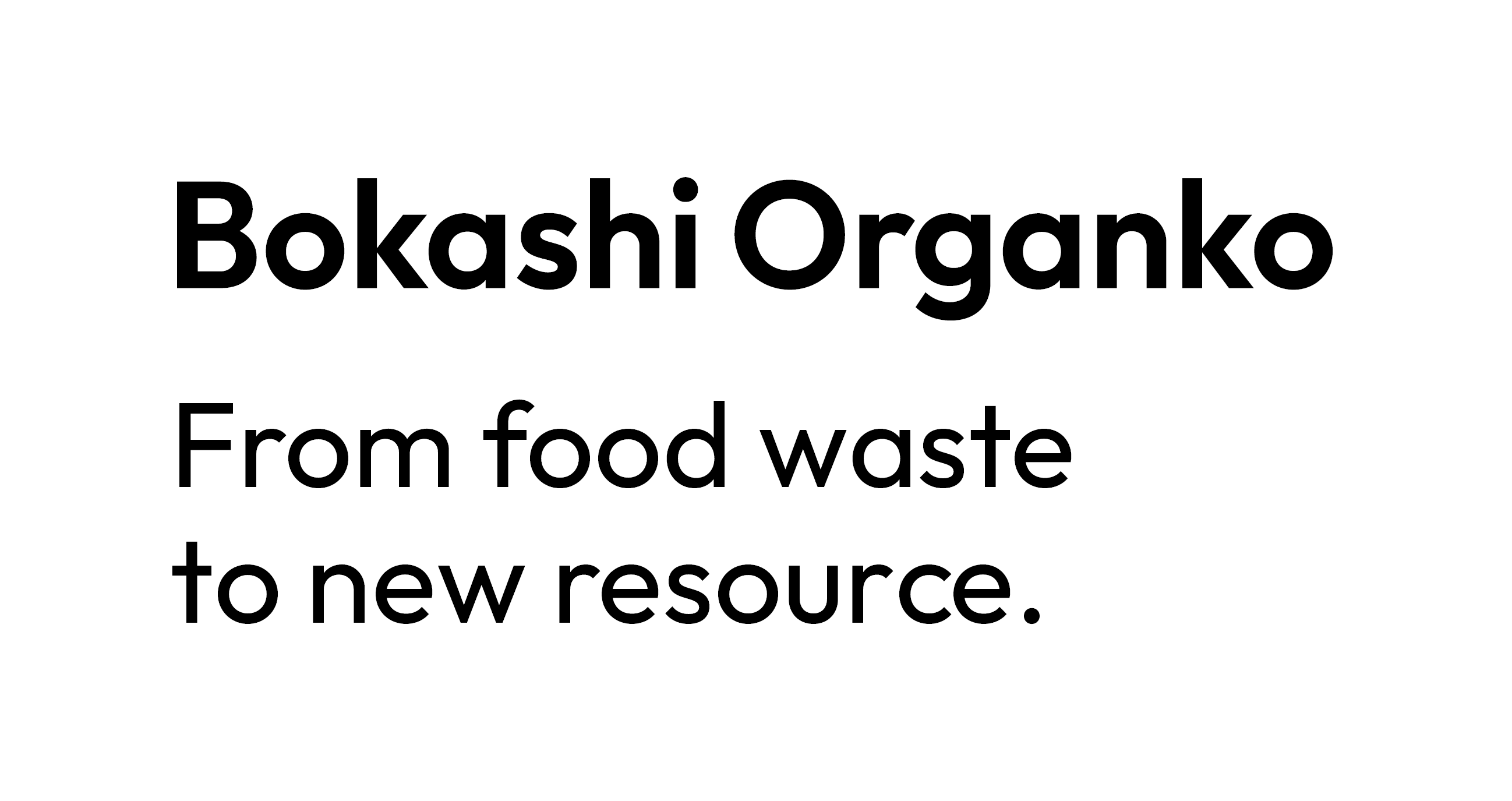Sustainability is the key if we want to ensure a bright future for younger generations and make sure that our planet thrives as a whole. And, while world leaders mainly focus on sustainable energy production a.k.a. renewable energy, there's an area that is not getting enough attention - soil management. This is also where community composting enters the scene.
You see, the soil is able to store enormous quantities of the main greenhouse gas CO2. Of course, this natural CO2 storehouse is only efficient when the soil is managed properly. On the other hand, if the soil is mistreated, it actually releases great amounts of CO2. Furthermore, the soil is also where we get our food from. Even if you are not eating a lot of veggies (which you really should), note that animals, which people consume, feed on crops. And, like with CO2 capturing, only healthy and fertile soil can produce healthy and abundant crops. As such, community composting is one of the key elements to ensuring that soil management, food production, and the entire agriculture becomes sustainable.

What is community composting?
Let's break things down to make sure that you all have a clear understanding of what community composting is. As such, we have to look at the two building blocks of this concept - community and composting.
- Community - There are several definitions of the word "community"; however, the following two cover the essence of it:
- A group of people living in the same place or having a particular characteristic in common.
- The condition of sharing or having certain attitudes and interests in common.
- Composting - It is the process of relying on natural processes to convert organic waste into nutrient-rich soil builder (a.k.a. compost). Essentially, composting means recycling organic matter. Of course, there are many different ways of composting.

Ok, now that we have defined our building blocks, we can easily put one and two together. Thus, community composting is when a group of people living in the same area and sharing the same attitudes and interests join forces to manage organic waste properly and further ensure it is used to improve the quality of the soil. Ideally, community composting is taken to the next level and thus becomes an essential part of organic gardening and sustainable farming.
Where does community composting make sense?
Centuries ago, the majority of the population lived in rural areas with their own gardens and fields, thus producing their own food. As such, every household could have its own closed cycle of keeping organic waste in the loop. However, working as a team in rural areas with a dense enough population delivers better results. Furthermore, looking at the majority of modern age communities, we see that almost no household produces its own food. As such, there isn't a single community in the world that wouldn't benefit from community composting. Of course, the details of community composting and its logistics, including the required infrastructure, need to match that community's needs, trades, infrastructure, etc.
For instance, the details of community composting in a rural village would greatly differ from the details of community composting in a modern metropolitan area. Thus community composting size may also be adjusted accordingly and can have its subdivisions. Moreover, different community composting applications can also use different composting types or even combine various methods.

However, as it turns out, Bokashi composting or Bokashi fermentation is the most optimal solution. It ensures that the greatest amounts of CO2 are retained within the composting mass. Furthermore, it also ensures the highest nutritional value of the compost. In addition, by using a high-quality indoor composter, such as Bokashi Organko, this type of composting is the most practical and cleanest method.
One of the best examples of fully functional community composting projects is set in place in Dubai, where they also use Bokashi Organko and Organko Daily to make organic waste management sustainable. We really encourage you to watch the video below. It will provide you with a clear insight into how community composting functions and how Bokashi Organko and Organko Daily make things a whole lot simpler.
Parting Words
Now that you know what community composting is and what an important role it plays in ensuring a sustainable future, you ought to take action. For one, you should make sure that you manage your own organic waste properly. However, for an even greater positive impact, encourage your community to take proper action to implement community composting sooner rather than later. And, please remember that your actions count, so keep up the good work. Moreover, don't forget that together we can make a huge difference!


